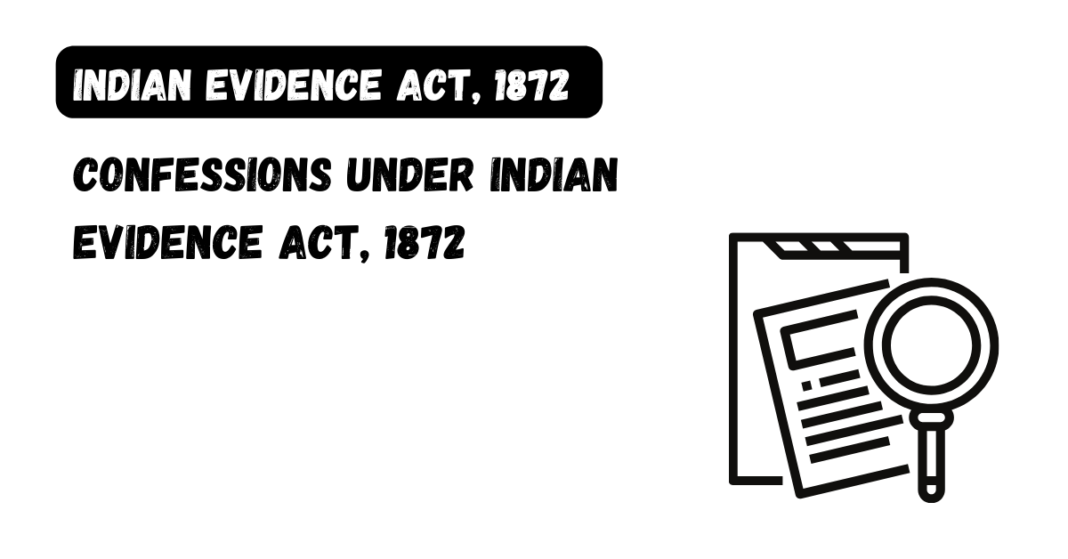Under the Indian Evidence Act, 1872, confessions are an important aspect of evidence in criminal cases.
Definition of Confession
A confession is a statement made by an accused person that suggests their guilt in relation to the offence they are charged with.
Admissibility of Confessions
Confessions made by an accused person can be admissible as evidence if they fulfill certain conditions outlined in the Indian Evidence Act. The Act distinguishes between confessions made to police officers and those made before a Magistrate.
Confessions made to Police Officers
Confessions made to police officers are generally considered inadmissible as evidence against the accused person. Section 25 of the Indian Evidence Act states that confessions made to police officers are irrelevant and cannot be proved as against the accused. The rationale behind this provision is to prevent the possibility of coercion or undue influence by law enforcement.
However, there are two exceptions to this rule: a. Confessions made in the presence of a Magistrate: If a confession is made by the accused in the immediate presence of a Magistrate, it may be admissible in court. The Magistrate must certify that the confession was made voluntarily. b. Confessions leading to the discovery of facts: If a person accused of an offence voluntarily gives information leading to the discovery of a material fact, such confessions may be admissible in court.
Confessions made before a Magistrate
Confessions made before a Magistrate are generally admissible as evidence under Section 164 of the Indian Evidence Act. For a confession to be admissible, it must be made voluntarily and without any inducement, threat, or promise. The Magistrate must also ensure that the accused person is aware of their right to remain silent and that the confession may be used against them.
Retraction of Confessions
An accused person can retract or withdraw their confession at any time before the pronouncement of the judgment. The retracted confession does not lose its evidentiary value, but the court will consider the circumstances surrounding the retraction in assessing its reliability.
Weight and Evaluation of Confessions
While confessions are considered strong evidence against the accused, the court must assess the confession’s voluntariness, reliability, and corroborative evidence. The court will consider the totality of the evidence in the case before determining the guilt or innocence of the accused.





